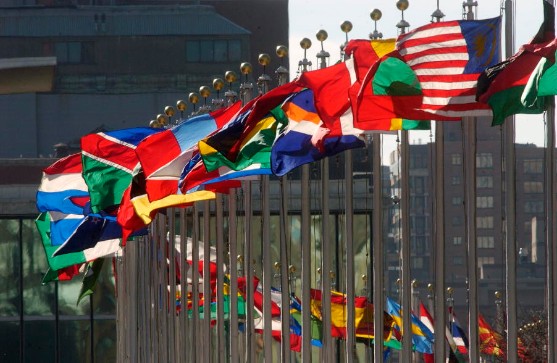 United Nations
United Nations
Free Trade and National Security – 5 Key Issues
“Transatlantic cooperation remains the foundation for global peace and security. Our devotion to democratic ideals serves as a beacon for the world to follow. And our shared commitment to free and open markets is a driving force for economic growth, innovation and jobs, not just in Europe and the United States, but across the globe.” –Michael Froman, USTR
The US is currently in the process of negotiating two landmark multilateral free trade agreements: The Trans-Pacific Partnership (TPP) and the Trans-Atlantic Trade and Investment Partnership (TTIP).3 Together, these agreements would signal continued US commitment to positive economic relations with our friends and allies in Europe and throughout the Pacific region.
The economic benefits that would flow from such encompassing and expansive trade agreements cannot be understated and have been outlined in detail by US Trade Representative Michael Froman. However, an aspect of TPP, TTIP, and free trade agreements in general that is often downplayed and cannot be emphasized strongly enough is their potential to serve the national security interests of the United States.
Liberal democracy and free market values go hand in hand and are the foundation on which American influence around the world rests. As the world’s largest economy and the home to many of the most resourceful and innovative industries in the world, it is essential that the US take the lead in setting the standard for global trade practices. History has shown us that the world’s worst political crises often stem from economic ones, and in an era of increased economic interdependence and globalization, every country has a stake in promoting the values of free market economics – and as the economic leader of the world, this must start with the United States.
Free Trade and National Security – 5 Issues








[…] Free Trade and National Security – 5 Key Issues […]
[…] Free Trade and National Security – 5 Key Issues […]